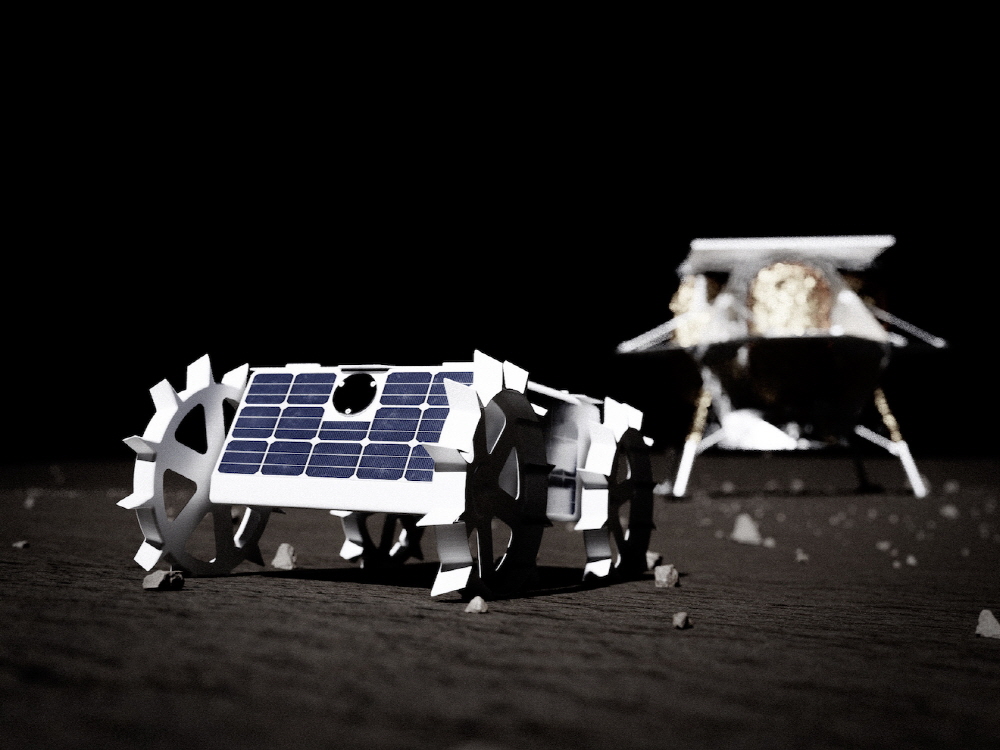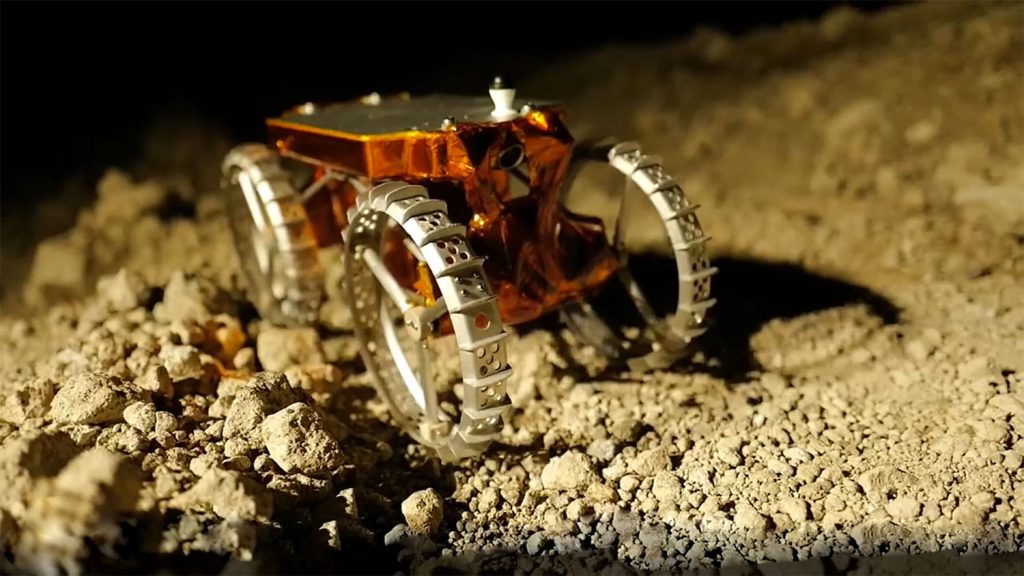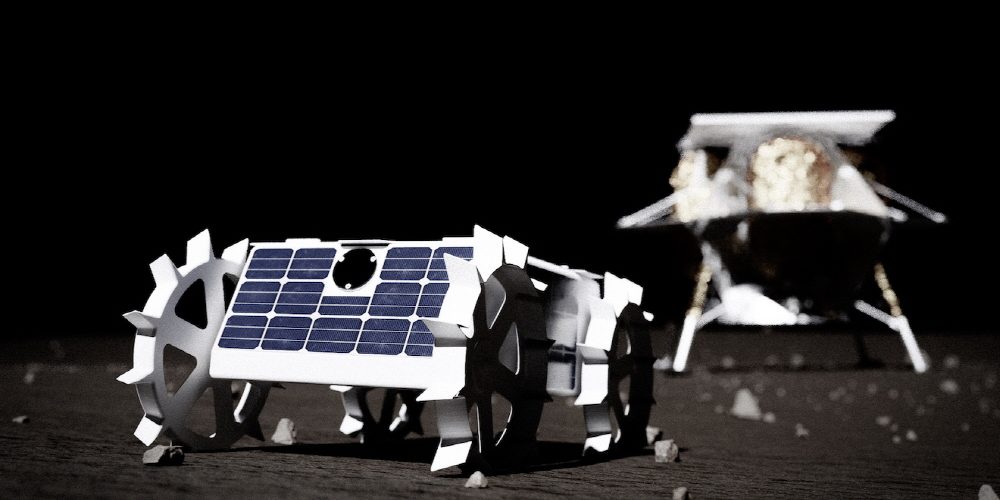
The lunar exploration startup Astrobotic is developing ultra-fast wireless charging technology for the lunar exploration robot CubeRover, which is about the size of a shoe rack.
The project is funded by $5.8 million in funding from NASA’s Tipping Point Program. In conjunction with WiBotic, a wireless charging startup located in Seattle, it secures know-how for fast, short-range wireless charging, while working with Bosch to perform AI-based data analysis to help the robot find its way to the docking station for wireless charging. Trying to help.
Existing lunar probes generally use sunlight as their power source. However, it is actually large and has a large surface area for absorbing light from solar panels. In contrast, the astronautic moon probe will weigh less than 2.3 kg. The area to collect power from the sun is small, and instead it has to rely on a secondary power source to maintain the energy needed for exploration.

For this reason, it is Wibotic that appeared. The startup, in partnership with the University of Washington, will develop lightweight, ultra-fast proximity charging solutions, base stations and power receivers for use in space-based applications. But finding such a station is bound to be a big challenge on a moon where systems like GPS aren’t working.
In addition, Bosch provides autonomous navigation through sensor fusion using data collected from sensors mounted on the robot. This research could help future probes move not only to power plants, but to various destinations on the moon as robot science and exploration increase.
The goal is to unveil a demonstration of the probe charging system in 2023. The companies will work with the NASA Glen Research Center to test the technology in a thermal vibration chamber laboratory. You can find out more about Astrobotics here .


















Add comment